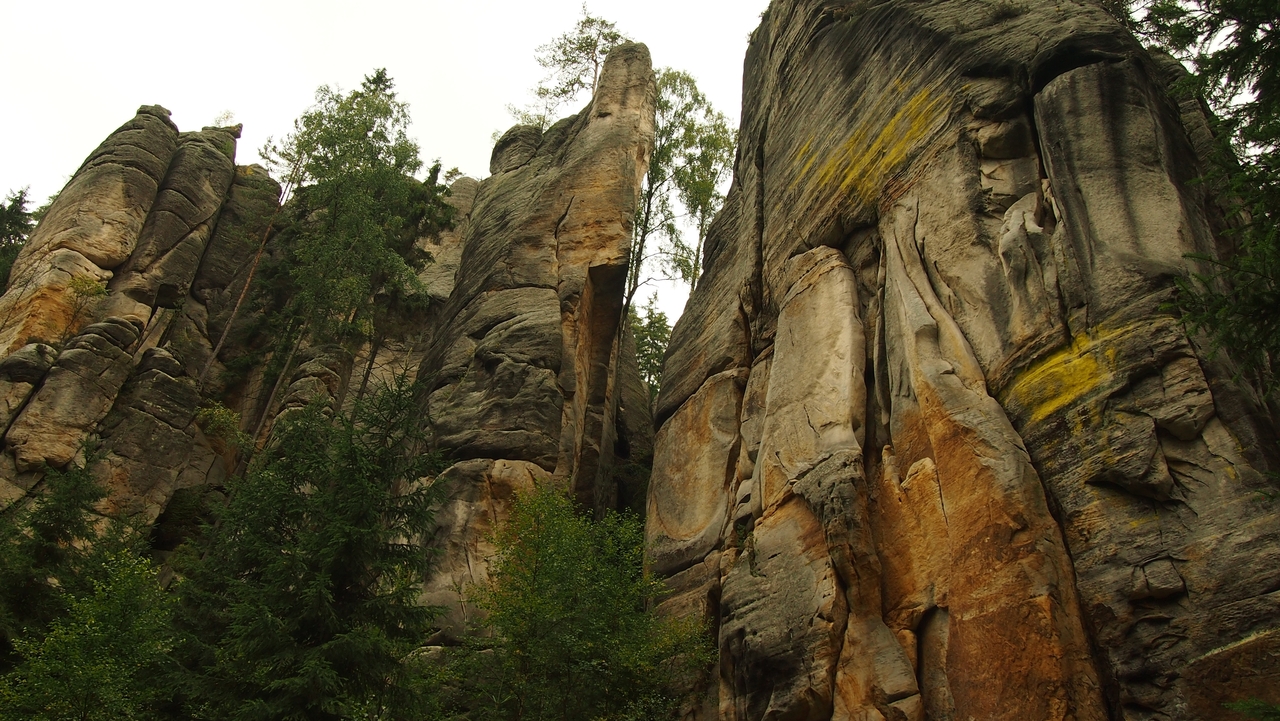
Time is a flowy, circular, and rather paradoxical concept. Relative to region, culture, age, sense of spirituality, belief, and even altitude, time can feel different for everybody. I have experienced many diverse quickenings and hinderings at different moments in my life, depending on inner and outer circumstances. Some have been expansive, some universal, and some uncomfortably constrictive. Elizabeth Gilbert captures this notion of time eloquently in her new novel, The Signature of All Things (Viking, 2013):
“…there was such a thing as Human Time, which was a narrative of limited, mortal memory, based upon the flawed recollections of recorded history. Human Time was a short and horizontal mechanism. It stretched out straight and narrow, from the fairly recent past to the barely imaginable future. The most striking characteristic of Human Time, however, was that it moved with such amazing quickness. It was a snap of the finger across the universe. Most unfortunately for Alma, her mortal days–like everyone else’s mortal days–fell within the purview of human time.
At the other end of the spectrum, there was Divine Time–an incomprehensible eternity in which galaxies grew, and where God dwelled. She knew nothing about Divine Time. Nobody did…It was outside of time. So she left it alone. Nonetheless, she sensed that it existed, and she suspected that it hovered in some kind of massive, infinite stasis.
Closer to home, returning to earth, Alma also believed in something she called Geological Time. Natural history fell into this category. Geological Time moved at a pace that felt nearly eternal, nearly divine. It moved at the pace of stone and mountains…
But somewhere between Geological Time and Human Time, Alma posited, there was something else–Moss Time. By comparison to Geological Time, Moss Time was blindingly fast, for mosses could make progress in a thousand years that a stone could not dream of accomplishing in a million. But relative to Human Time, Moss Time was achingly slow. To the unschooled human eye, moss did not even seem to move at all. But moss did move, and with extraordinary results. Nothing seemed to happen, but then, a decade or so later, all would be changed. It was merely that moss moved so slowly that most of humanity could not track it.” (pp. 170-171)
Being a part of a dying industrial system, one that is based on waste and obsolescence and unmanaged growth, speeds up the notion of decay and mortality. Self-serving systems without much notion of humanity often conjure up the sense of shortened time, “Invariably, if one’s thoughts are dwelling in the past or preparing for the future, we can be assured the ego is somewhere nearby.” (God Is a Verb, 1998, p. 213). It is no wonder our culture of health is so focused on disease–the unmanaged growth within the human body. I felt my own mortality strongly during the time I spent sitting in a cubicle. I’ve also feel a need for speed at times when I was not connected to my passions, times when I needed external validation because my internal fire was not properly lit. While an outer notion of time may be subject to environmental dictation, I have noticed times when I have cultivated a sort of inner control of the sense.
“One thing was certain: Human Time was the saddest, maddest, most devastating variety of time that had ever existed. She tried her best to ignore it.” ~ Elizabeth Gilbert, The Signature of All Things
Pleasure of time occurs usually when the notion of time itself is barely noticed. Long walks in nature, reading a book, being creative, meditating, working towards dreams, and connecting to living organisms are common activities where this pleasure is achieved. I’ve also felt timeless during extended solos in the woods. In essence, when you do what you love, you don’t need more time.
“Don’t use high-grade fires” was a creative principle used by alchemists, meaning don’t speed something up when a slow and steady pace is best conducive to sustainable growth and development.
Playing with time is a favorite pastime of mine. I love calculating how much time it will take me to get somewhere, or to accomplish something, to cover a meeting or curricular agenda, or even to enjoy being with a friend. While I love the rush of getting somewhere just as it is starting and ending on time, I’ve also noticed that it can be a little stressful. I really hate being late. Last year when I was having a hard time meditating at home, I would schedule in an extra 30 minutes (or 22, or 8, or 5) for sitting practice before I arrived for class. I found that the time I spent sitting sprinkled gifts of insight, awareness, and creative nuggets, while preparing me to be fully present during my class. That little bit of time was a magical gift that I still practice today. Try giving yourself the gift of arriving early for meditation and see what it does for you!
“I would like to spend the rest of my days in a place so silent–and working at a pace so slow–that I would be able to hear myself living.” ~ Elizabeth Gilbert, The Signature of All Things







